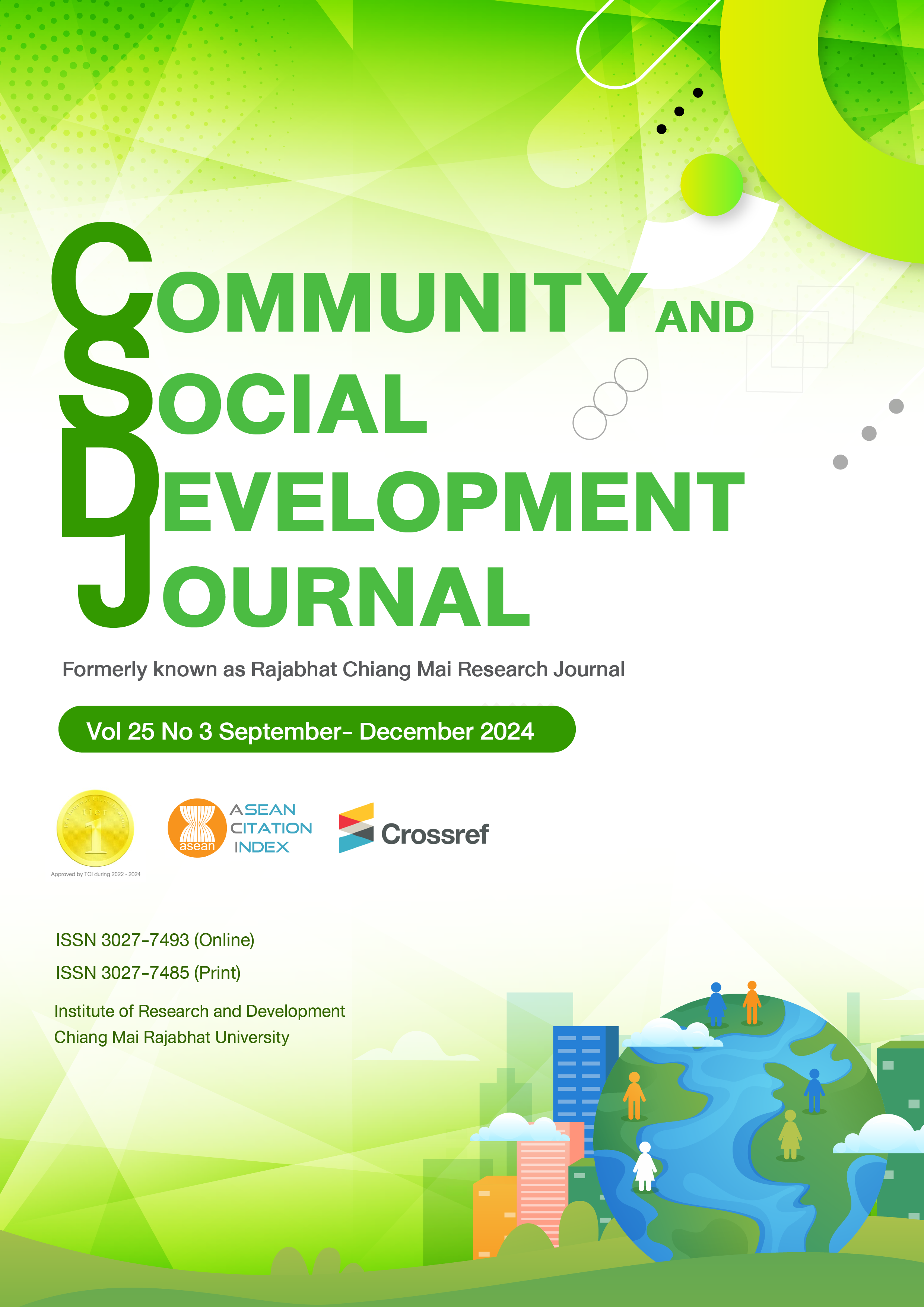Incorporating Action Research in Teacher Education Programs: Opportunities and Limitations
DOI:
https://doi.org/10.57260/csdj.2024.268446Keywords:
Action research, Teacher education program, Opportunities and limitation, 21st Century educationAbstract
In the rapidly evolving landscape of 21st century education, teacher preparation programs play a significant role in shaping the educators of tomorrow. This qualitative study aims to reveal both the opportunities and limitations of incorporating action research into experiential learning courses within teacher education programs. The researcher conducted a comprehensive thematic analysis to examine and categorize the participants' responses. Through in-depth interviews with 30 senior education students at Batangas State University, The National Engineering University, JPLPC Malvar, Batangas, Philippines, during the academic year 2021-2022, it was revealed that the opportunities arising from action research include enhanced teaching skills and pedagogy, problem-solving and reflective practice, collaborative learning and peer interaction, as well as professional growth and ethical awareness. Moreover, participants also encounter limitations, such as time constraints, resource accessibility, and ethical dilemmas. To address these challenges and capitalize on the opportunities, the study recommends strategies for improved time management, equitable resource access, and ethical training and support within teacher education programs. The study also suggests future research avenues, including longitudinal studies and comparative analyses, to further enhance action research's role in shaping the educators of the future.
Downloads
References
Abu Sharar, A. M. (2016). The effectiveness of an action research-based training program in improving in-service teachers’ techniques in teaching English language skills and areas. (Unpublished Master’s thesis, The Islamic University of Gaza).
Albalawi, A., & Johnson, L. N. (2022). Action research skills among public school teachers: A cross-cultural study. International Journal of Research in Education and Science (IJRES), 8(2), 286-310. DOI:10.46328/ijres.2548
Braun, V., & Clarke, V. (2006). Using thematic analysis in psychology. Qualitative Research in Psychology, 3(2), 77–101. Retrieved from https://www.tandfonline.com/doi/abs/10.1191/1478088706qp063oa
Brown, B. L. (2002). Improving teaching practicethrough action research. (Unpublished doctoraldissertation.) Virginia Polytechnic Institute andState University, Blacksburg, VA.
Cox, J. (2019). Time Management Tips for Teacher. Retrieved from https://www.teachhub.com/time-management-tips-teachers
Creswell. (2014). Research Design Qualitative, Quantitative, and Mixed Methods Approaches. (4thed.). SAGE Pub.
Freeman, D. (1989). Teacher training, development, and decision making: A model of teaching and related strategies for language teacher education. TESOL Quarterly, 23(1), 27-45. Retrieved from https://www.jstor.org/stable/3587506
Kolb, D. A. (1984). Experiential learning: Experience as the source of learning and development. Englewood Cliffs, N.J: Prentice-Hall.
Mahammoda, S. A. (2016). Factors affecting the quality of undergraduate research work in Bahir Dar University, Ethiopia. International Journal of Innovative Research & Development, 5(12), 23–27. Retrieved from http://www.ijird.com/index.php/ijird/article/viewFile/103970/74380
Mapolisa, T., & Mafa, O. (2012). Challenges being experienced by undergraduate students in conducting research in open and distance learning. International Journal of Asian Social Science, 2(10), 1672–1684. Retrieved from https://archive.aessweb.com/index.php/5007/article/view/2340
McKay, J. A. (1992). Professional development through Action Research. Journal of Staff Development, 13(1), 18-21. Retrieved from https://eric.ed.gov/?id=EJ460505
Mooi, M. L. & Mohsin, M. (2012). Developing competency of pre-service teachers in doing action research: Outcome and issues. International Journal of Arts & Sciences, 5(5), 429–441. Retrieved from https://www.universitypublications.net/ijas/0505/html/RAB45.xml
Zhou, J. (2013). Problems teachers face when doing action research and finding possible solutions. Chinese Education and Society, 45(4), 68–80. Retrieved from https://www.tandfonline.com/doi/abs/10.2753/CED1061-1932450405
Zuber-Skerrit O. (1992). Improving Learning and Teaching through Action Learning & Action research. Draft paper for the HERDSA conference 1992. University of Queensland.
Downloads
Published
How to Cite
Issue
Section
License
Copyright (c) 2024 Community and Social Development Journal

This work is licensed under a Creative Commons Attribution-NonCommercial-NoDerivatives 4.0 International License.
1. Articles, information, content, images, etc published in the “Community and Social Development Journal” are copyrighted by the Community and Social Development Journal, Chiang Mai Rajabhat University. In order to properly distribute the articles through print and electronic media, the authors still hold the copyright for the published articles under the Creative Commons Attribution (CC BY) license, which allows the re-distribution of the articles in other sources. References must be made to the articles in the journal. The authors are responsible for requesting permission to reproduce copyrighted content from other sources.
2. The content of the articles appearing in the journal is the direct responsibility of the article authors. The editorial board of the journal does not necessarily agree with or share any responsibility.














